-

Isopropanol For Organic Synthesis
n-Propanol (also known as 1-propanol) is an important organic compound widely used in various industries. This clear, colorless liquid with a molecular weight of 60.10 has a simplified structural formula CH3CH2CH2OH and molecular formula C3H8O, and has remarkable properties that make it highly sought after. Under normal temperature and pressure conditions, n-propanol exhibits excellent solubility in water, ethanol, and ether, making it ideal for a wide range of applications.
-
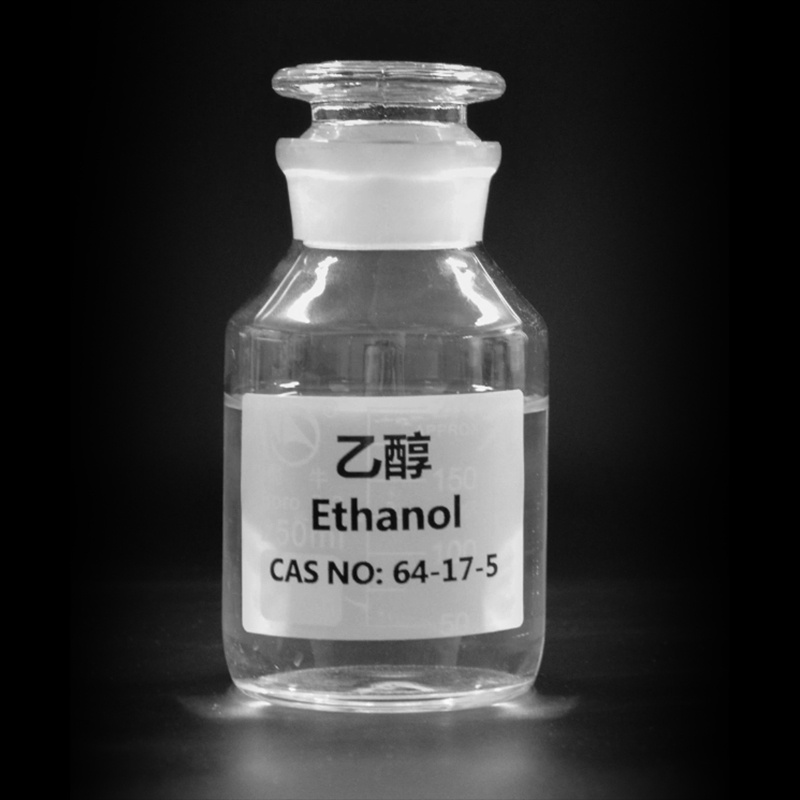
Ethanol 99% For Industrial Use
Ethanol, also known as ethanol, is an organic compound widely used in a variety of industries. This volatile colorless transparent liquid has low toxicity, and the pure product cannot be eaten directly. However, its aqueous solution has the unique aroma of wine, with a slightly pungent smell and a slightly sweet taste. Ethanol is highly flammable and forms explosive mixtures on contact with air. It has excellent solubility, can be miscible with water in any proportion, and can be miscible with a series of organic solvents such as chloroform, ether, methanol, acetone, etc.
-
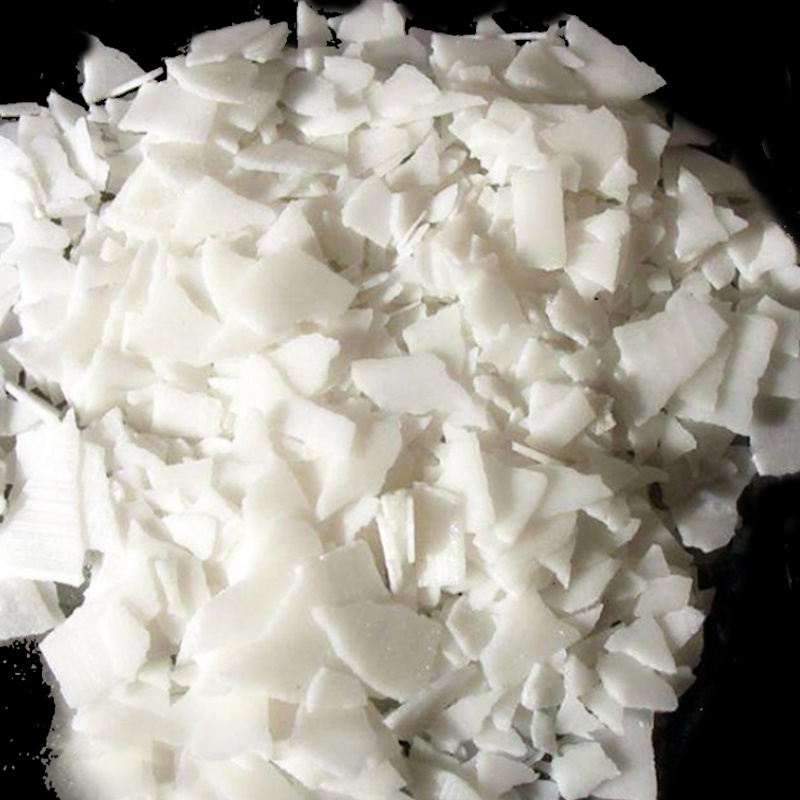
Sodium Hydroxide99% For Acid Neutralizer
Sodium Hydroxide, also known as Caustic Soda. This inorganic compound has the chemical formula NaOH and is an essential building block in various industries. Sodium hydroxide is known for its strong alkalinity, making it an important acid neutralizer. Additionally, it acts as a complex masking and precipitating agent, providing effective solutions for a range of applications.
-
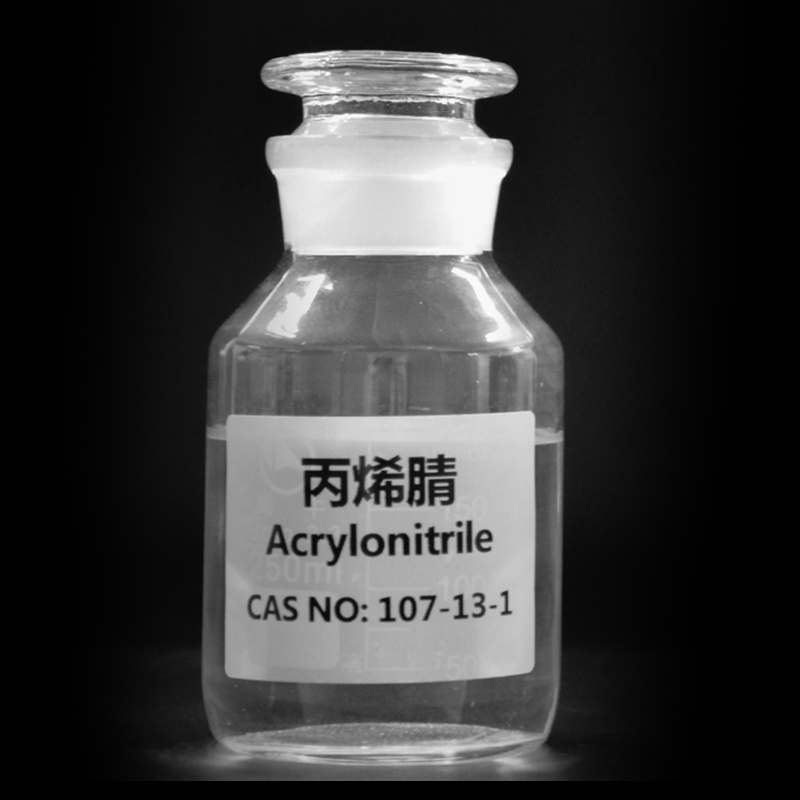
Acrylonitrile For Synthetic Resin
Acrylonitrile, with the chemical formula C3H3N, is a versatile organic compound that finds its place in numerous industries. This colorless liquid may have a pungent odor and is highly flammable. Its vapors and air can even form explosive mixtures, so it must be handled with great care. However, its unique properties and applications make it an important ingredient in the manufacture of various products.
-

Acetonitrile For Intermediates For Pharmaceuticals And Pesticides
Acetonitrile, an organic compound that will revolutionize your chemical processing needs. This colorless, transparent liquid has the chemical formula CH3CN or C2H3N and has excellent solvent properties, making it a perfect solution for dissolving a wide variety of organic, inorganic and gaseous substances. Furthermore, its remarkable unlimited miscibility with alcohol makes it an indispensable addition to any laboratory or industrial setting.
-

Polyaluminum Chloride (Pac) 25%-30% For Water Treatment
Polyaluminum Chloride (PAC) is an innovative and highly efficient inorganic substance designed for water purification. Known as Polyaluminium, PAC is a water-soluble inorganic polymer that acts as a coagulant. With its unique AlCl3 and Al(OH)3 composition, the material is highly neutralizing and bridging colloids and particles in water. It excels at eliminating micro-toxic substances and heavy metal ions, making it ideal for water purification purposes.
-

Potassium Carbonate99% For Inorganic Industry
Potassium carbonate has a chemical formula of K2CO3 and a molecular weight of 138.206. It is an inorganic substance with a wide range of uses and uses. This white crystalline powder has a density of 2.428g/cm3 and a melting point of 891°C, making it a special additive for various industries. It has some remarkable properties such as solubility in water, basicity of its aqueous solution, and insolubility in ethanol, acetone, and ether. In addition, its strong hygroscopicity allows it to absorb carbon dioxide and moisture in the atmosphere, converting it into potassium bicarbonate. To preserve its integrity, it is critical to store and package potassium carbonate in an airtight manner.
-
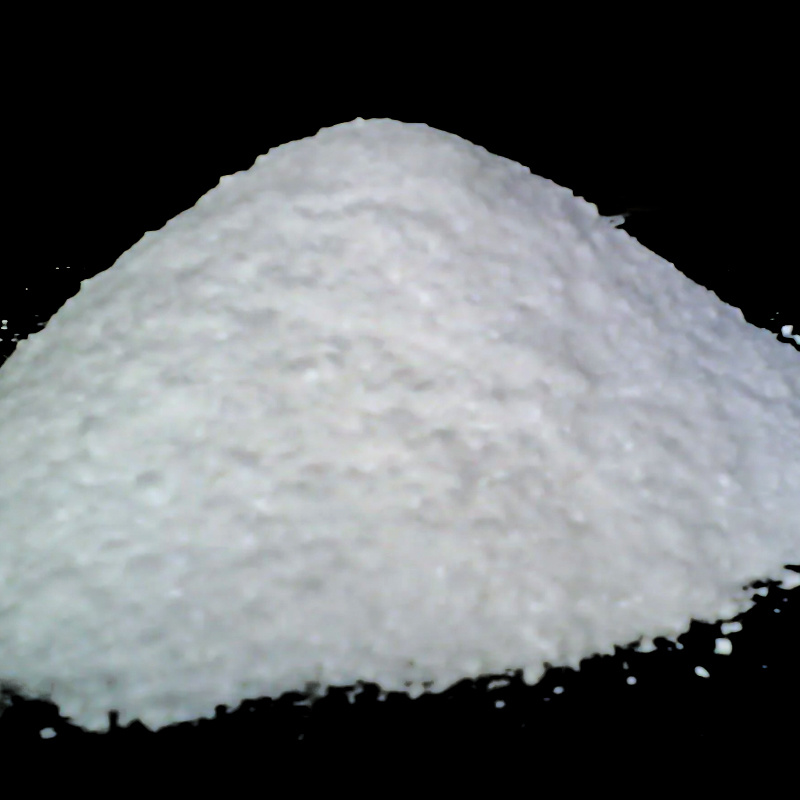
Sodium Cyanide 98% For Pesticide
Sodium cyanide, also known as kaempferol or kaempferol sodium, is a powerful compound with a wide variety of applications. Its Chinese name is sodium cyanide, reflecting its popularity in various industries around the world. The compound, with a chemical formula of NaCN and a molecular weight of 49.007, has attracted a lot of attention for its unique properties and versatility.
The CAS registration number of sodium cyanide is 143-33-9, and the EINECS registration number is 205-599-4. It is a white crystalline powder with a melting point of 563.7°C and a boiling point of 1496°C. Its water solubility and readily soluble density of 1.595 g/cm3 make it easy to use in various applications. As far as appearance goes, sodium cyanide stands out in its striking white crystalline powder form, adding a touch of elegance to any industrial process.
-

1, 1, 2, 2-Tetrachloroethane For Solvent Use
Tetrachloroethane. This colorless liquid with a chloroform-like odor is not just any common solvent, it has a wide range of applications making it an essential part of various industries. With its non-flammable properties, Tetrachloroethane ensures a safe and reliable solution for your needs.
-
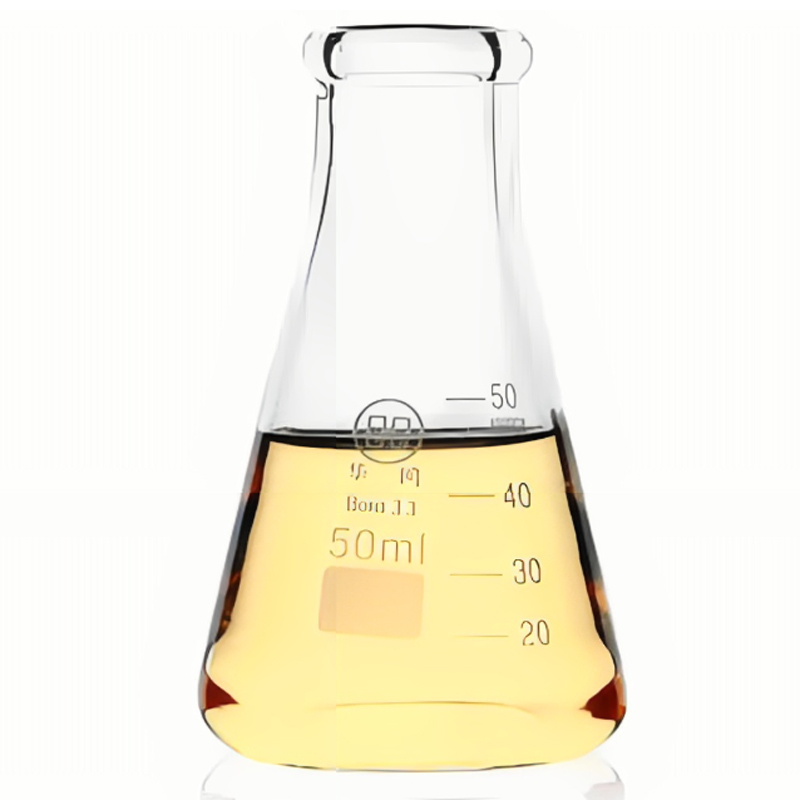
Acetone Cyanohydrin For Methyl Methacrylate/ Polymethyl Methacrylate
Acetone cyanohydrin, also known by its foreign names such as cyanopropanol or 2-hydroxyisobutyronitrile, is a key chemical compound with the chemical formula C4H7NO and a molecular weight of 85.105. Registered with the CAS number 75-86-5 and the EINECS number 200-909-4, this colorless to light yellow liquid is highly versatile and finds applications across various industries.

Hello, come to consult our products !







